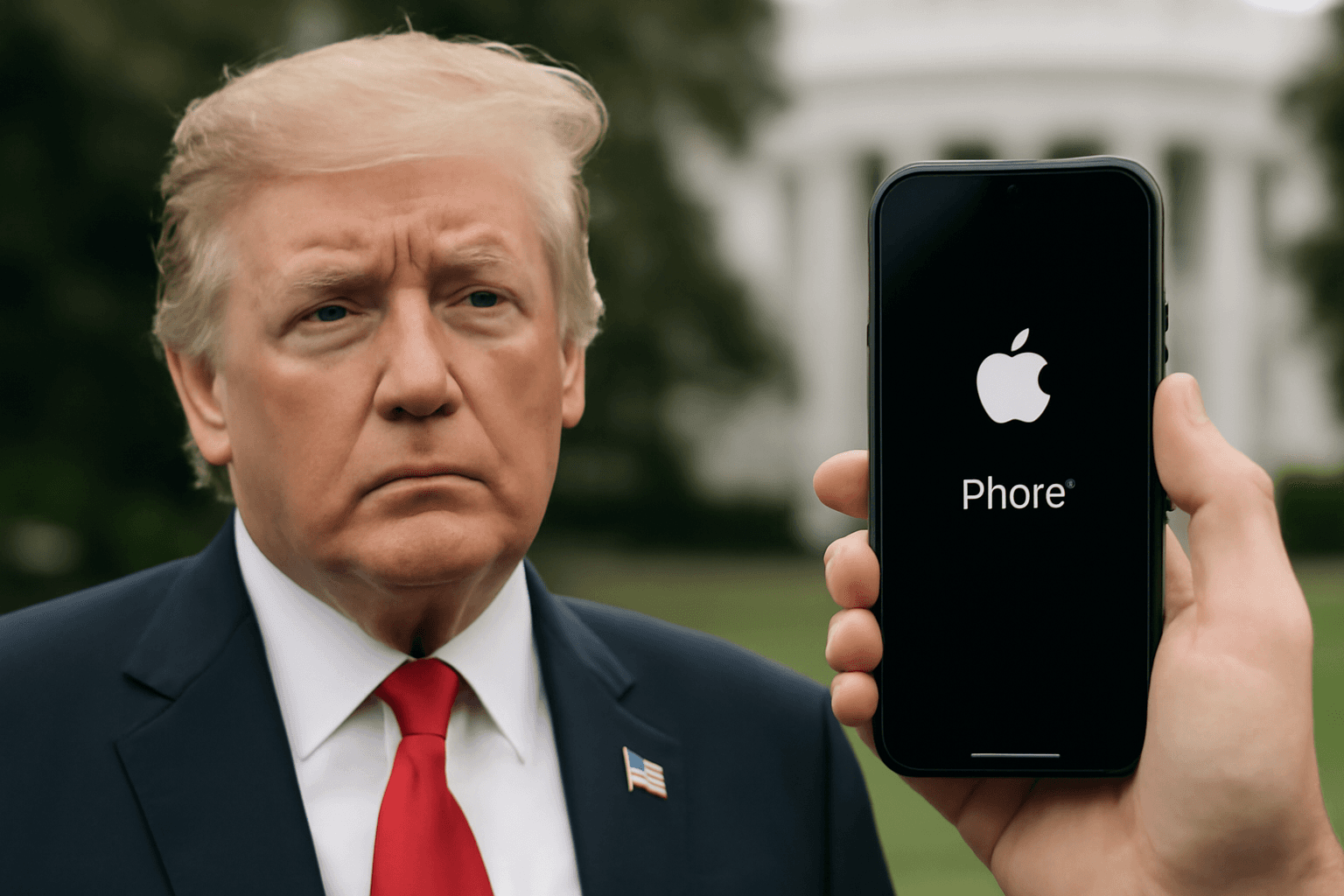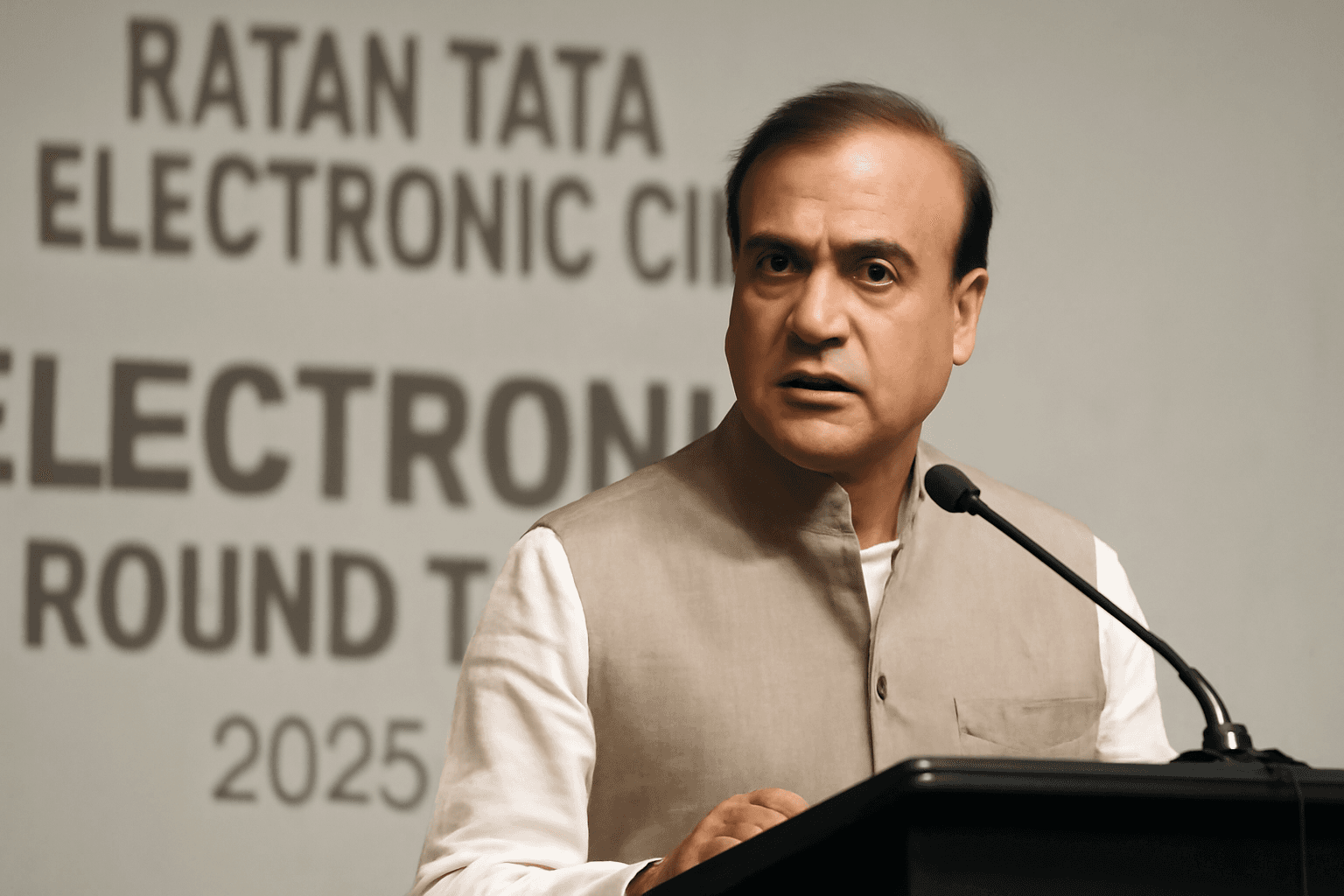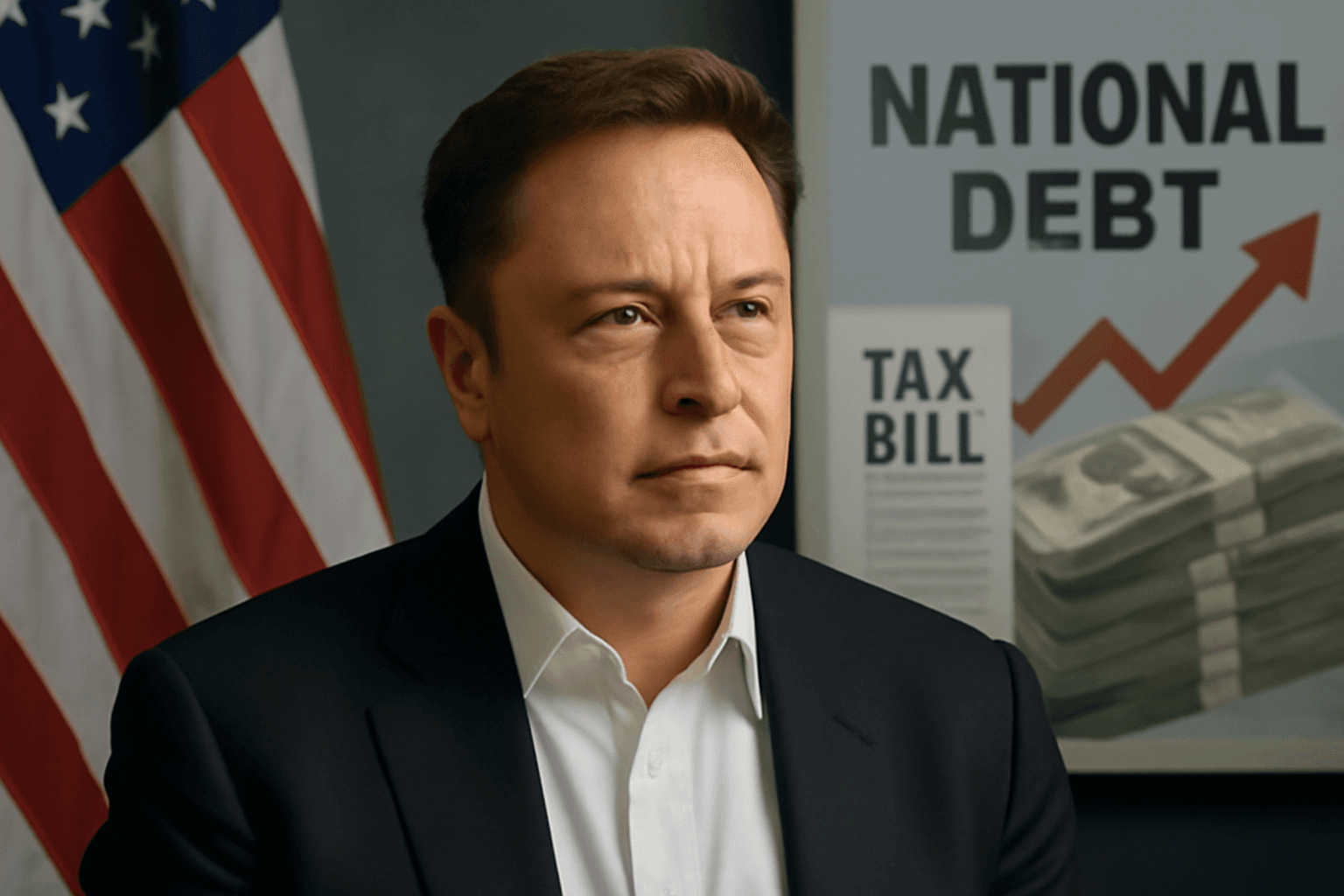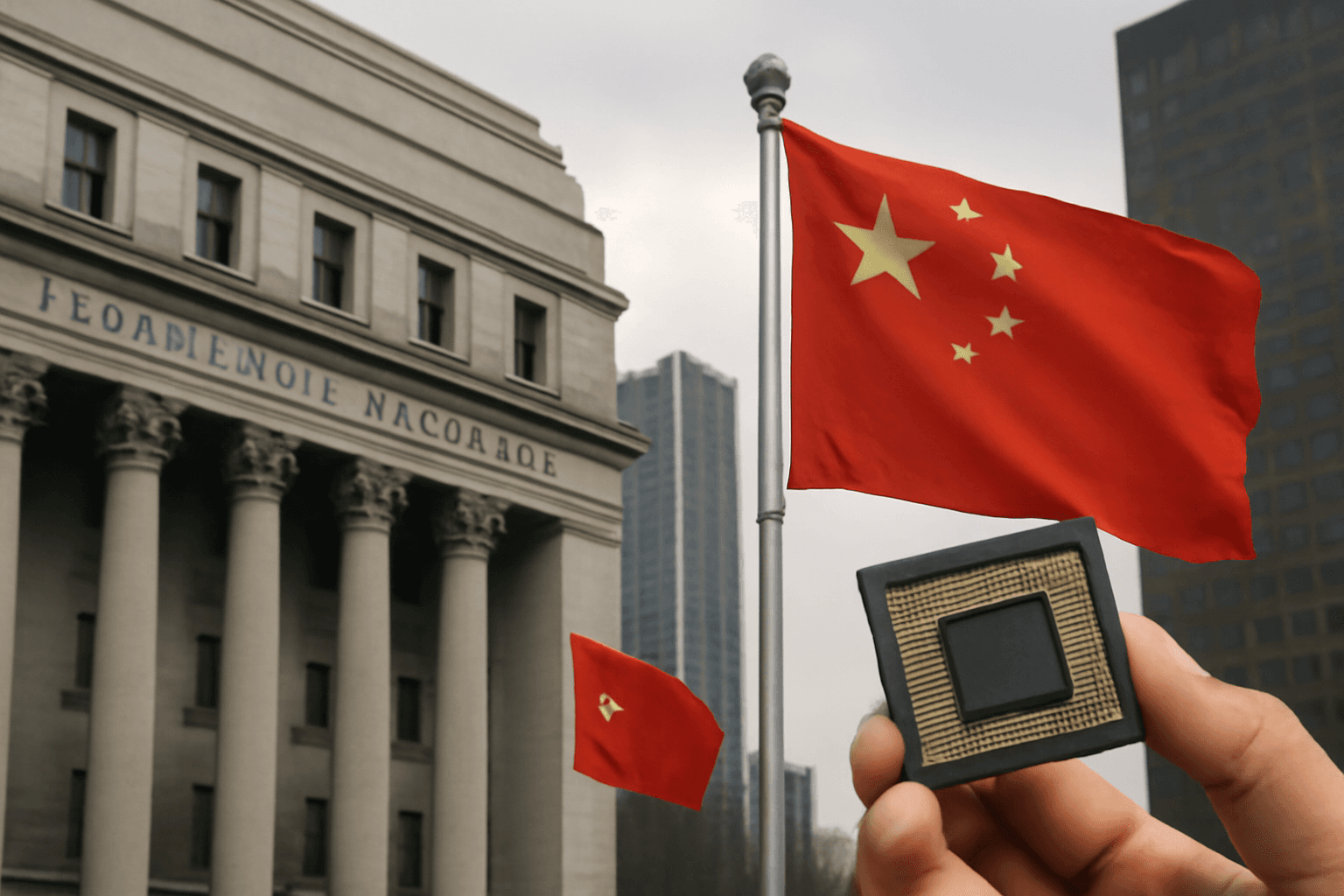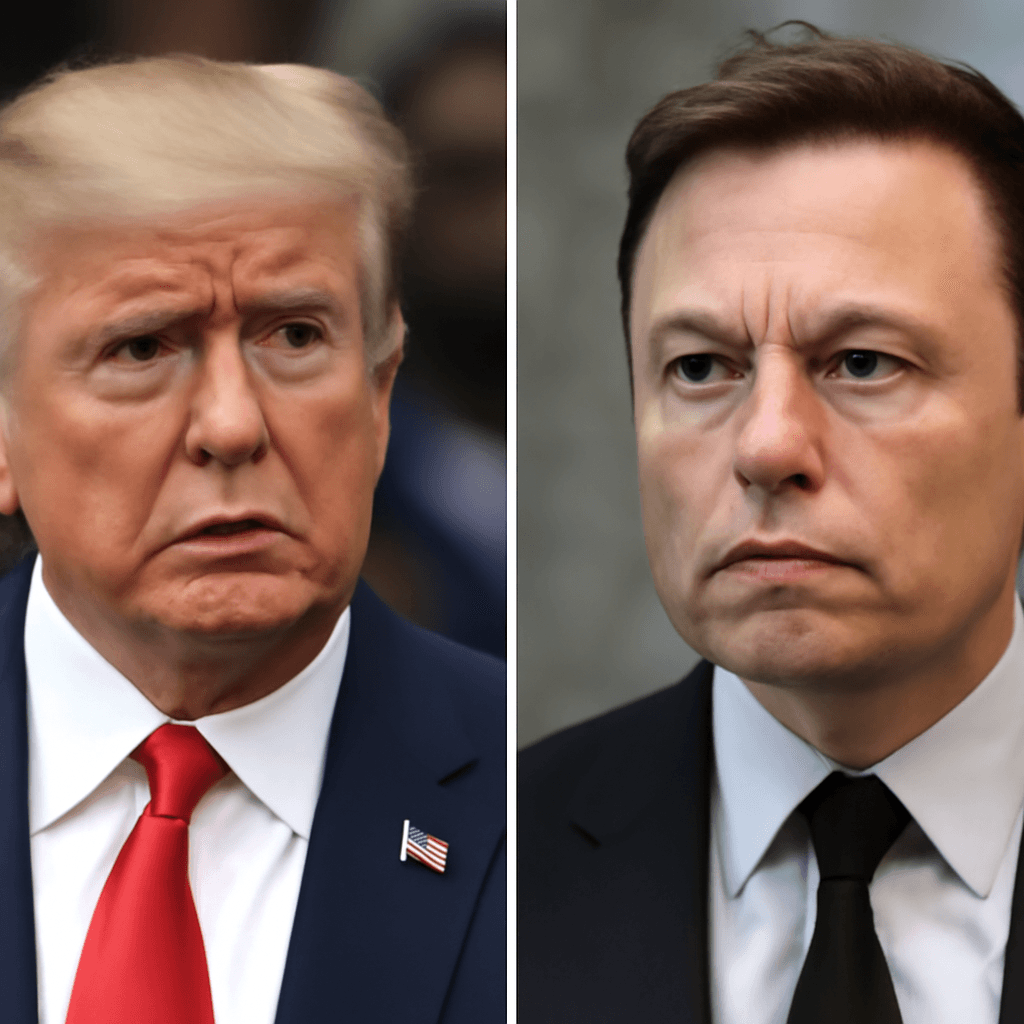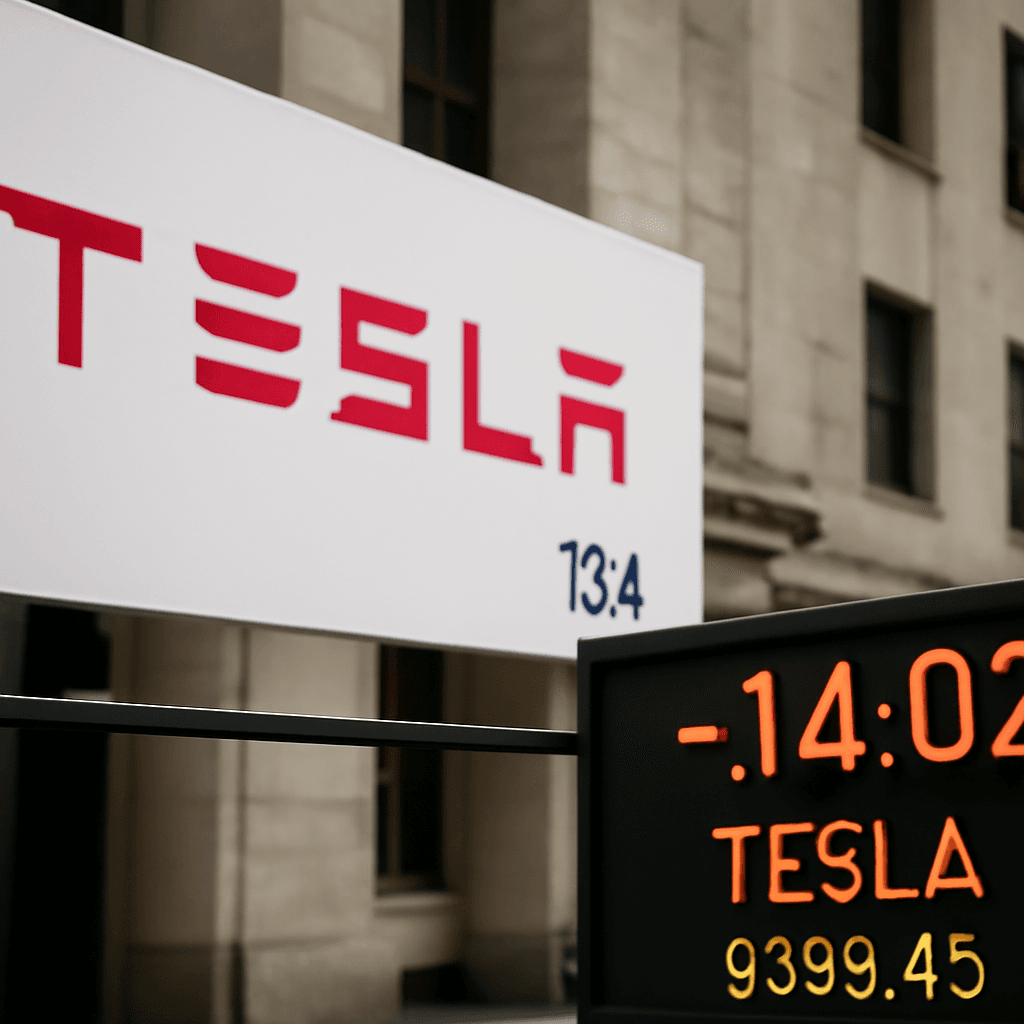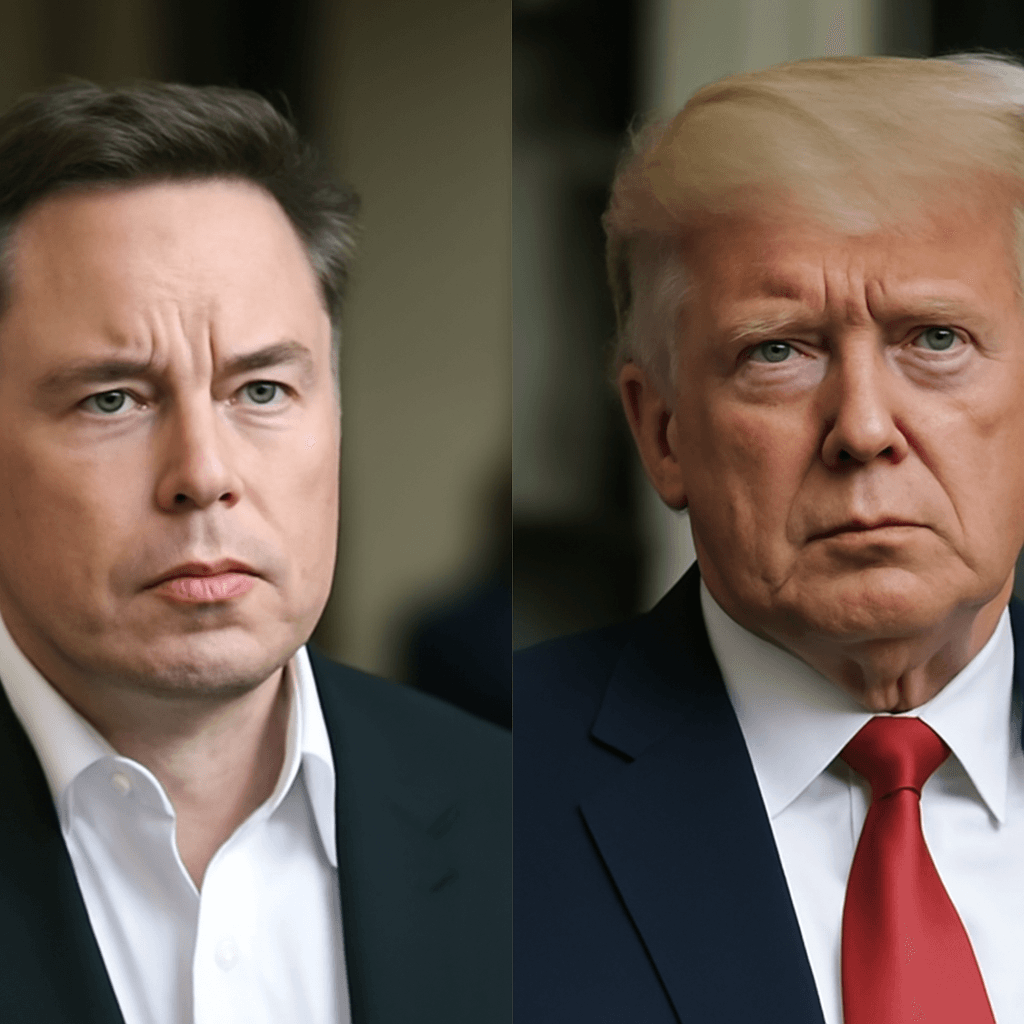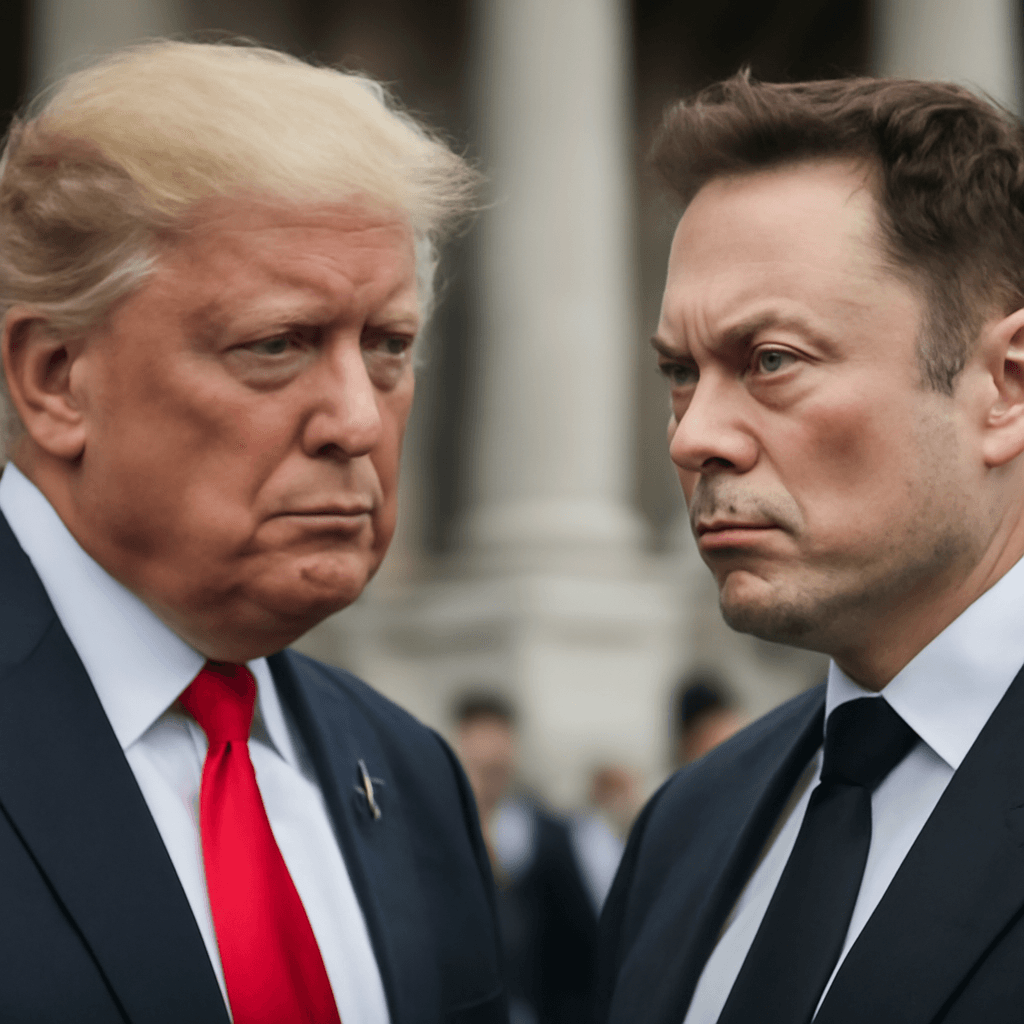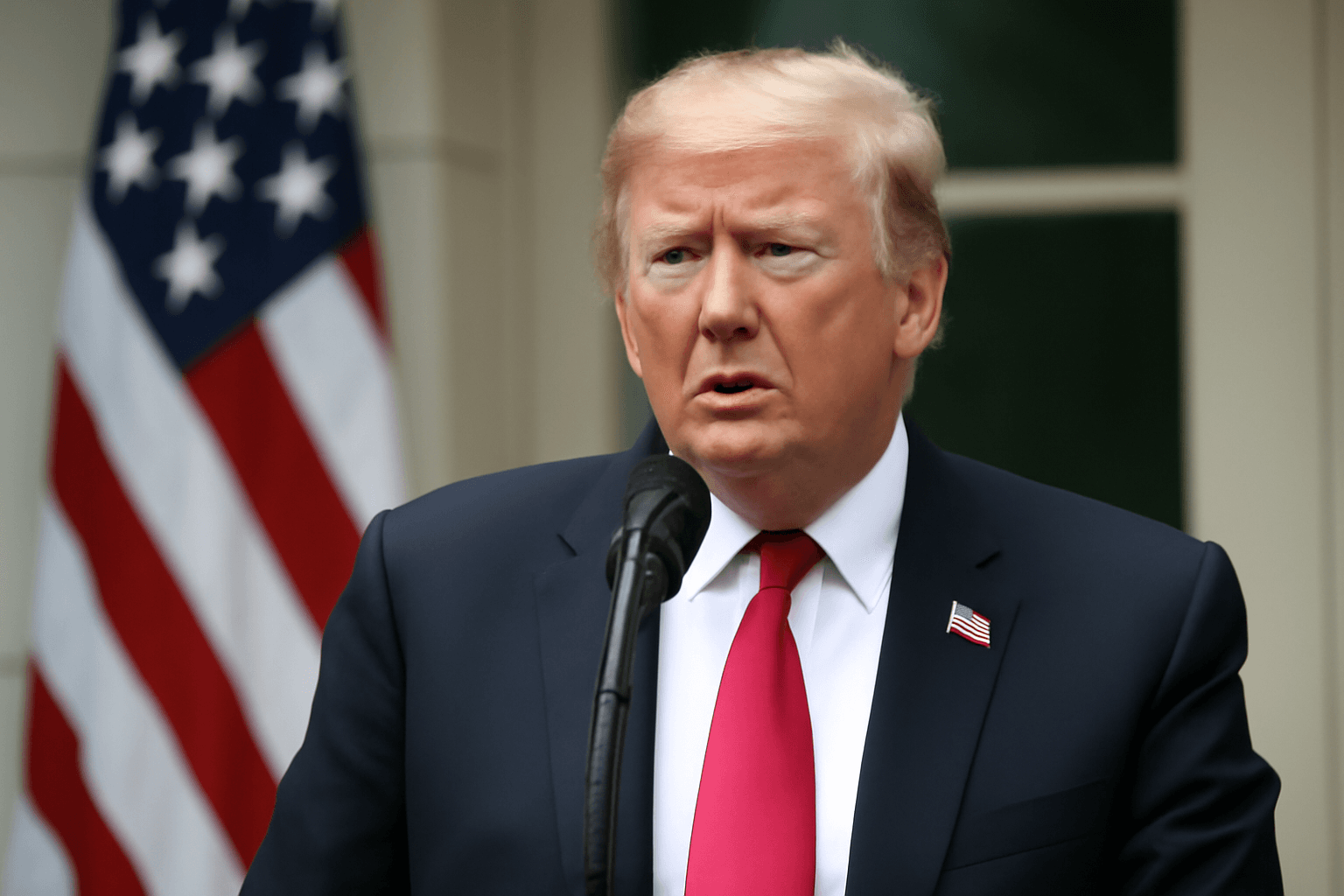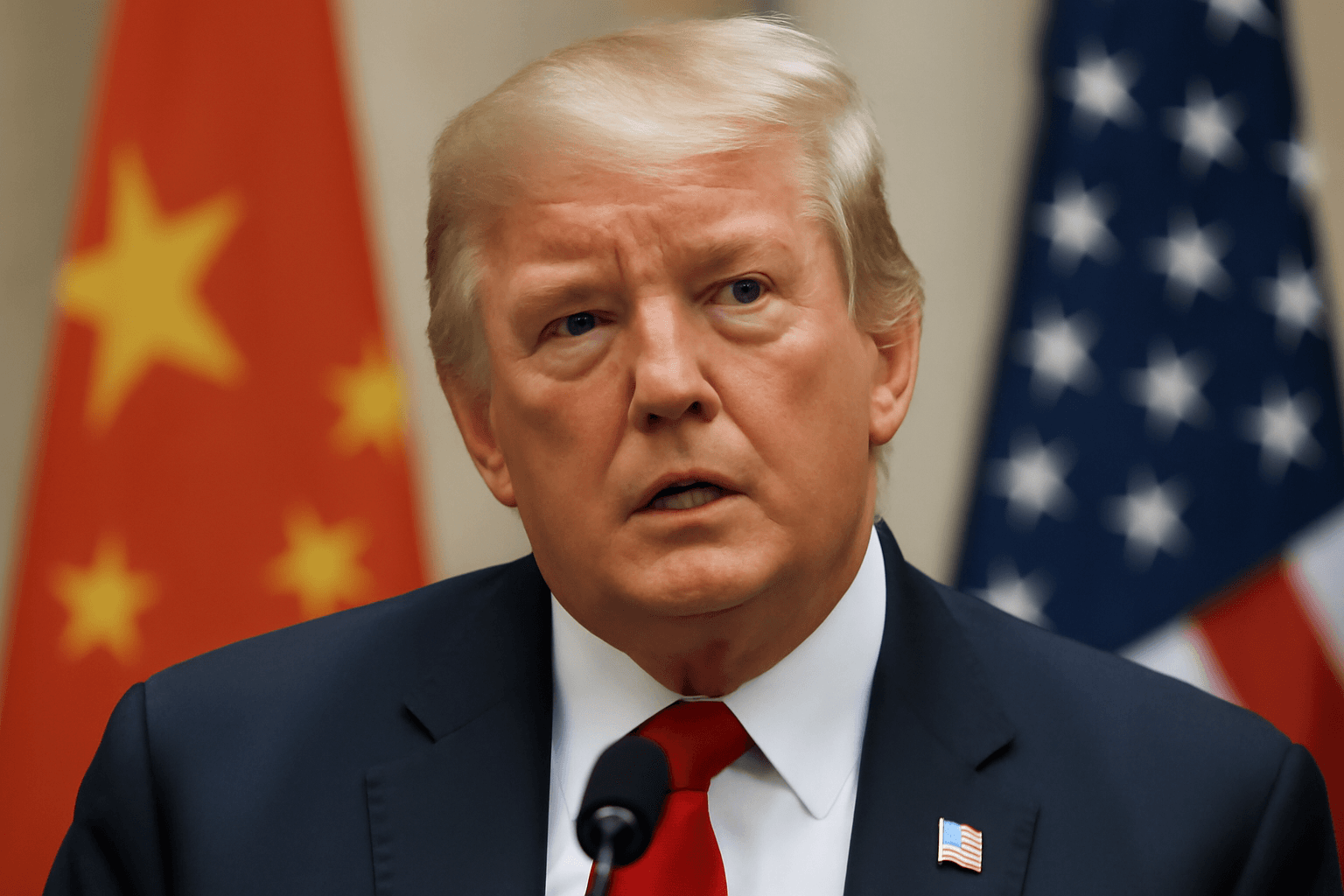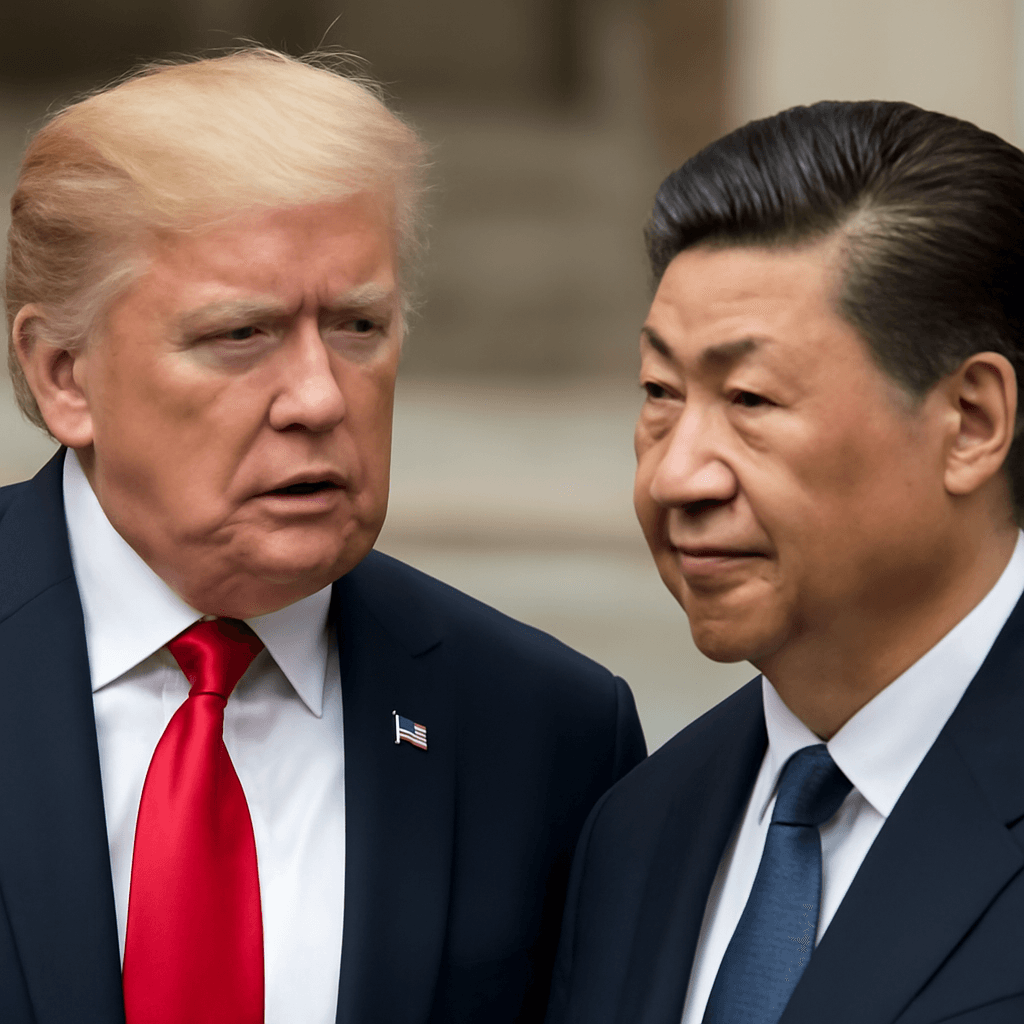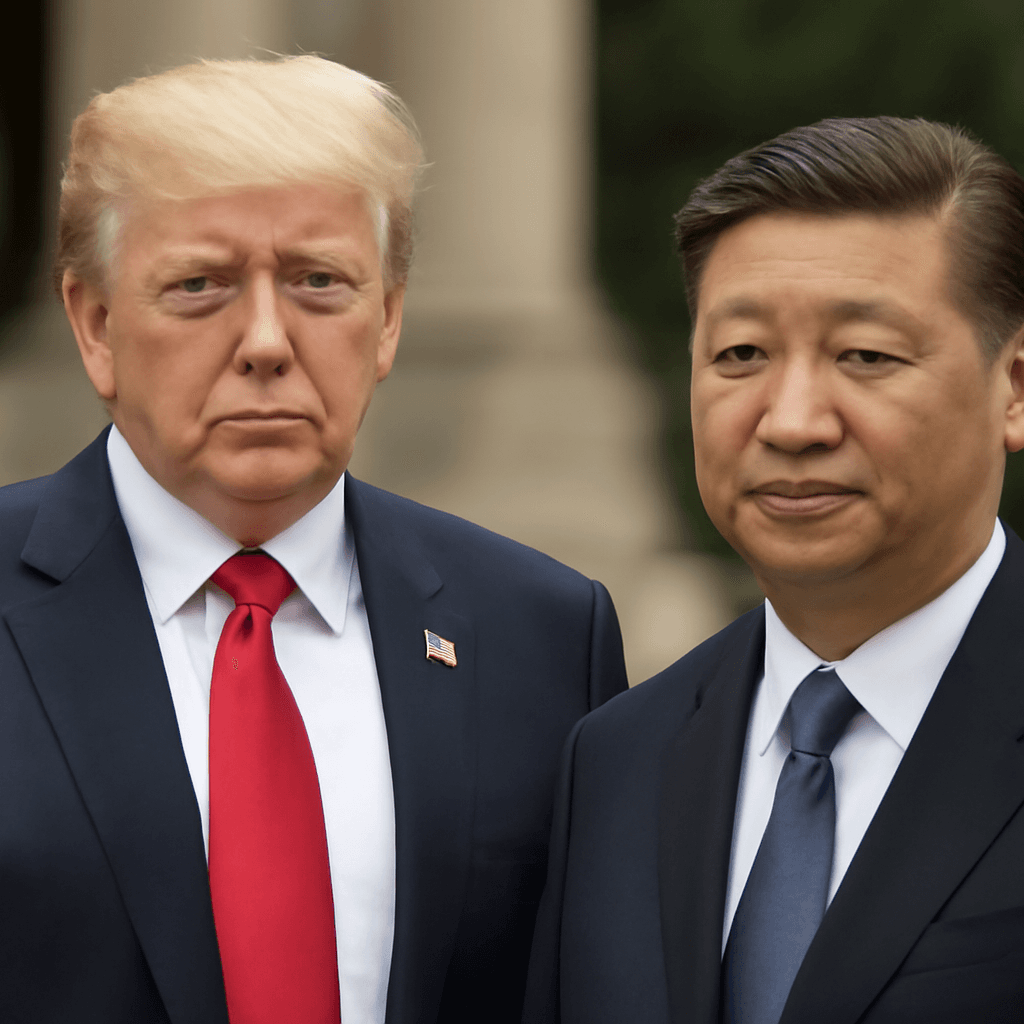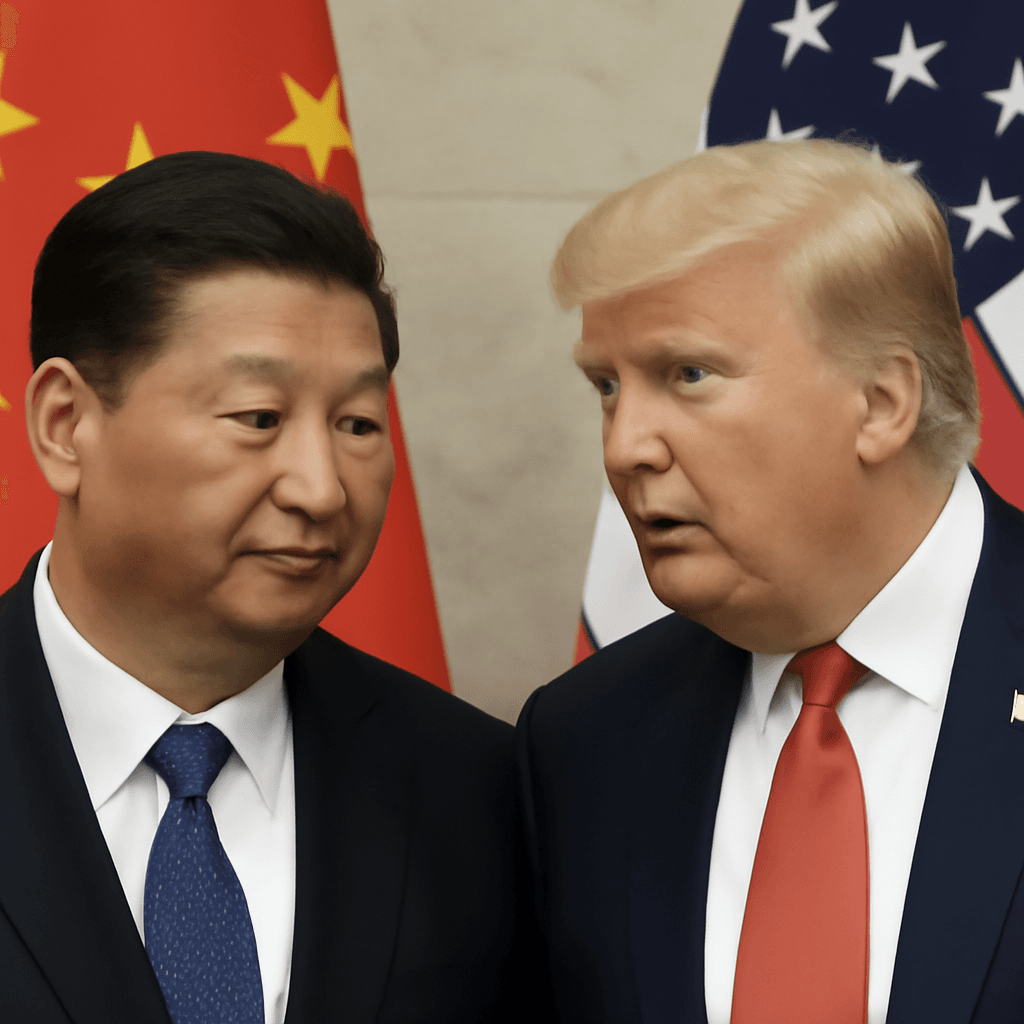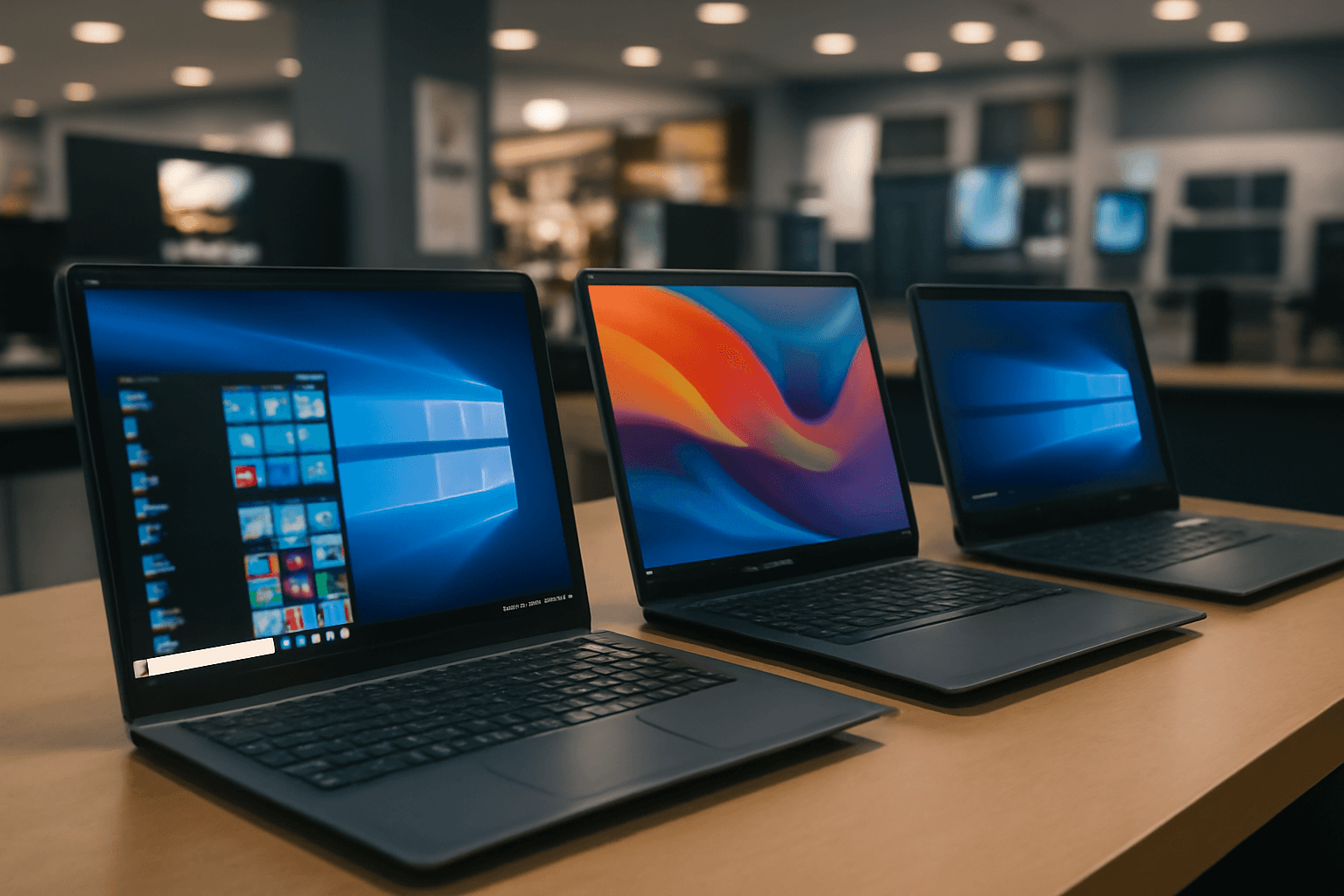President Donald Trump is intensifying pressure on Apple to prioritize U.S. manufacturing for its iPhones, vowing to impose a 25% tariff on products manufactured overseas, including those produced in India. During an Oval Office event focused on nuclear energy, Trump addressed a recent conversation with Apple CEO Tim Cook, stating, "I had an understanding with Tim that he wouldn’t be doing this. He said he’s going to India to build plants. I said, ‘That’s okay, but you’re not going to sell into here without tariffs.’"
Trump emphasized the importance of domestic production, declaring, "If they’re going to sell it in America, I want it to be built in the United States." Initially directing his comments towards Apple, he extended the tariff warning to all smartphone manufacturers, including Samsung and Huawei, asserting, "It would be anybody that makes that product; otherwise, it wouldn’t be fair." These tariffs are expected to be enacted by the end of June 2025.
In a subsequent social media post, Trump reiterated his stance, asserting, "I expect their iPhones that will be sold in the United States of America will be manufactured and built in the United States, not India, or anyplace else. If that is not the case, a Tariff of at least 25 percent must be paid by Apple to the US. American jobs come first!"
During a recent visit to Doha, Trump urged Cook to focus on U.S. manufacturing, citing India’s high tariffs as a barrier for U.S. companies. He stated that while India has offered a no-tariff deal, he emphasized to Cook that he prefers Apple to build facilities domestically. Trump pointed out that India's tariff policies, among the highest in the world, complicate market access; however, he remains adamant about prioritizing U.S. production.
In response to the tariff discussions during Apple’s Q2 2025 earnings call, CEO Tim Cook acknowledged the influence of the product’s manufacturing location on tariffs. Industry analysts have raised concerns that shifting iPhone production to the U.S. could lead to significantly higher costs due to increased labor and operational expenses. If Apple opts to pass these costs onto consumers to maintain profit margins, iPhone prices could exceed $3,000, likely impacting demand. Experts also warn that creating a U.S.-based supply chain would necessitate substantial investment and time due to Apple’s current reliance on a complex global network primarily situated in Asia.
The proposed tariff policy is generating diverse opinions among economists, with some arguing that tariffs may increase consumer prices and disrupt global trade, while supporters believe it could enhance U.S. manufacturing jobs. Meanwhile, the White House has yet to provide details regarding the implementation of the tariffs or potential exemptions for companies investing in U.S. facilities.
In related news, reports indicate that Tim Cook declined an invitation to accompany tech executives at Trump’s recent Middle East trip, a decision that reportedly frustrated the President, according to a New York Times report.

